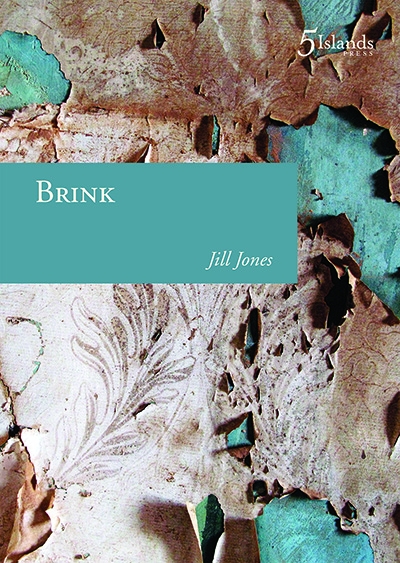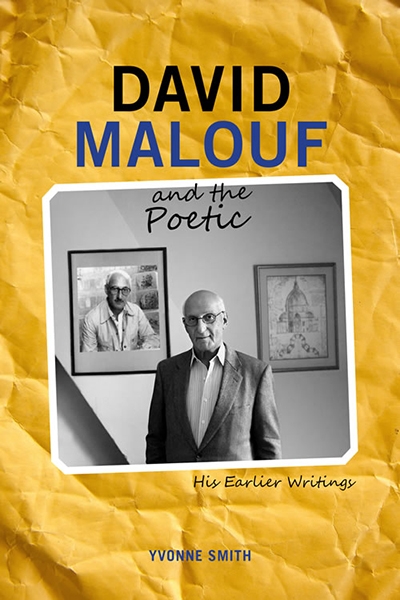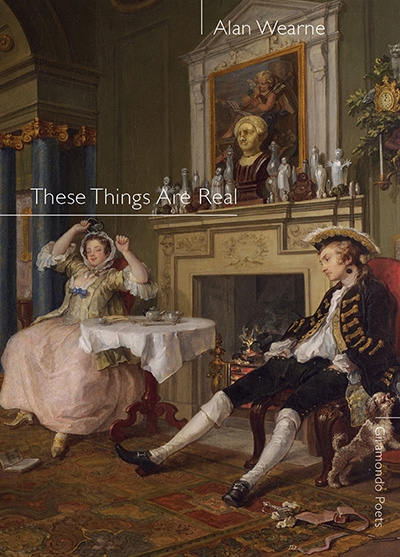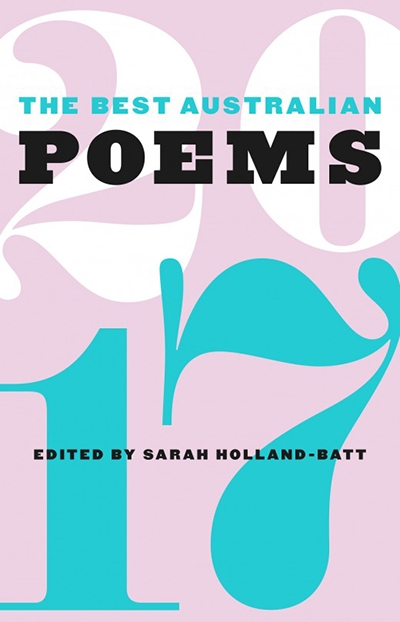Australian Poetry
ending on a line by John Burnside
No one on the boats, just cats – thin, furtive.
There’s the blown cry of terns and the wheedling
embarkations of crows, but you will not slip
1.
‘My new persona helped me to make money,’ says the streamer,
but cruel and petty, unhoped for ideal like a hovercraft shimmers
behind a definition of a chair ...
ABR is pleased to present the shortlist for the 2021 Peter Porter Poetry Prize, which this year received a record field of 1,329 entries from thirty-three different countries. Congratulations to those who reached the shortlist: Danielle Blau, Sara M. Saleh, Jazz Money, Raisa Tolchinsky, and Y.S. Lee.
... (read more)ABR is pleased to present the shortlist for the 2022 Peter Porter Poetry Prize, which this year received 1,328 poems from thirty-four countries. Congratulations to those who reached the shortlist: Chris Arnold, Dan Disney, Michael Farrell, Anthony Lawrence, and Debbie Lim. Each of their poems is listed below in alphabetical order by author. For the full longlist, click here.
... (read more)







